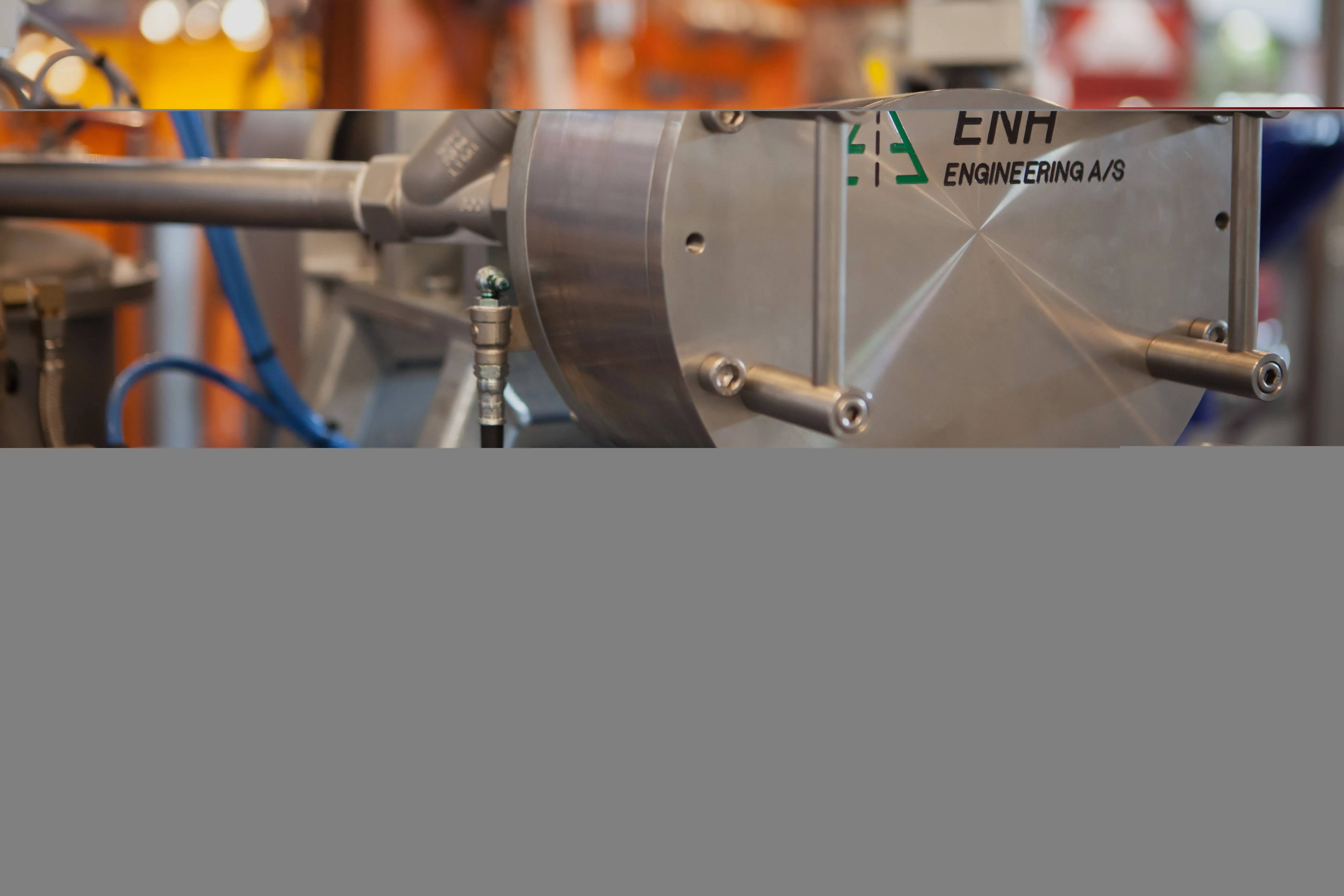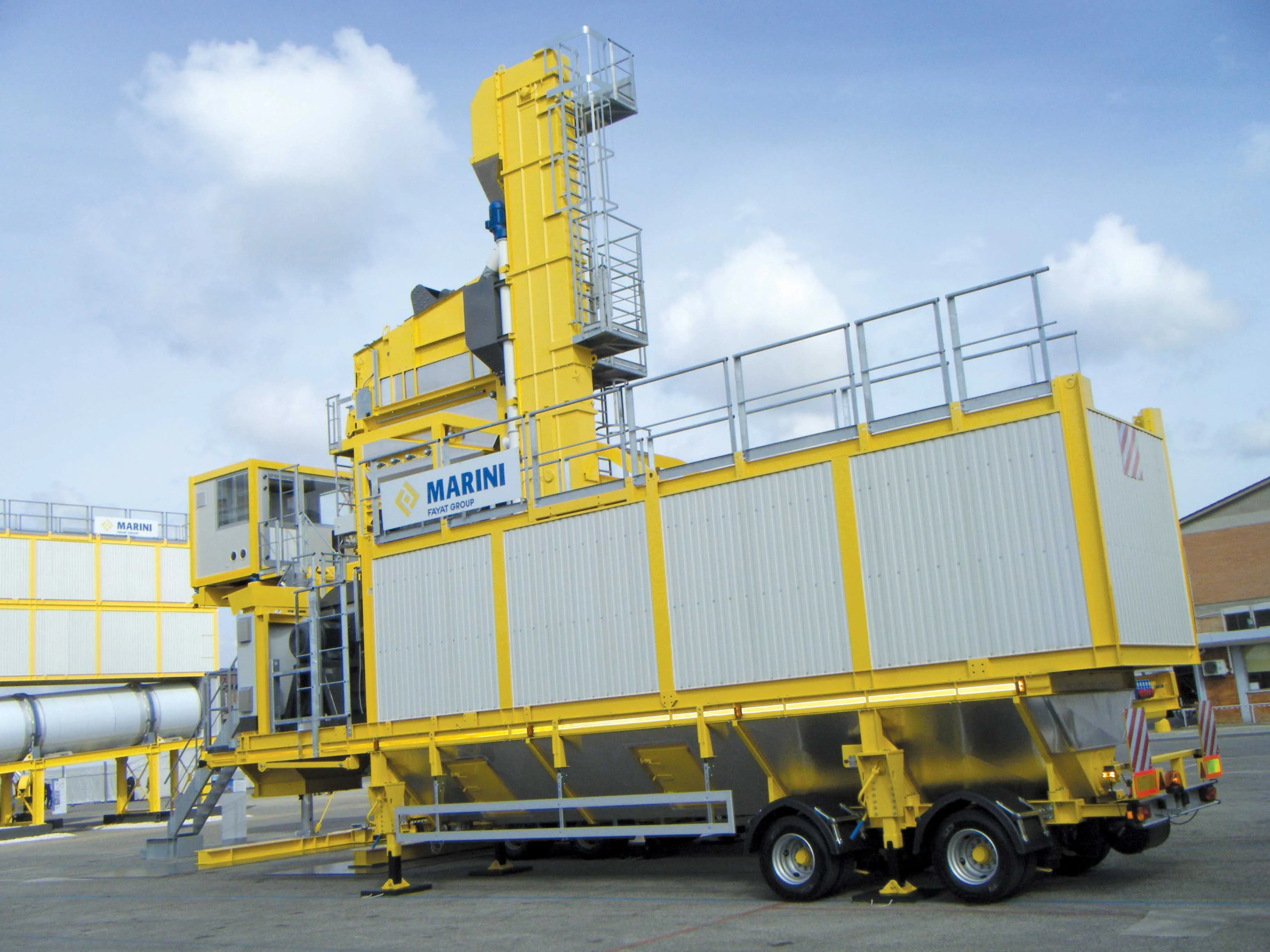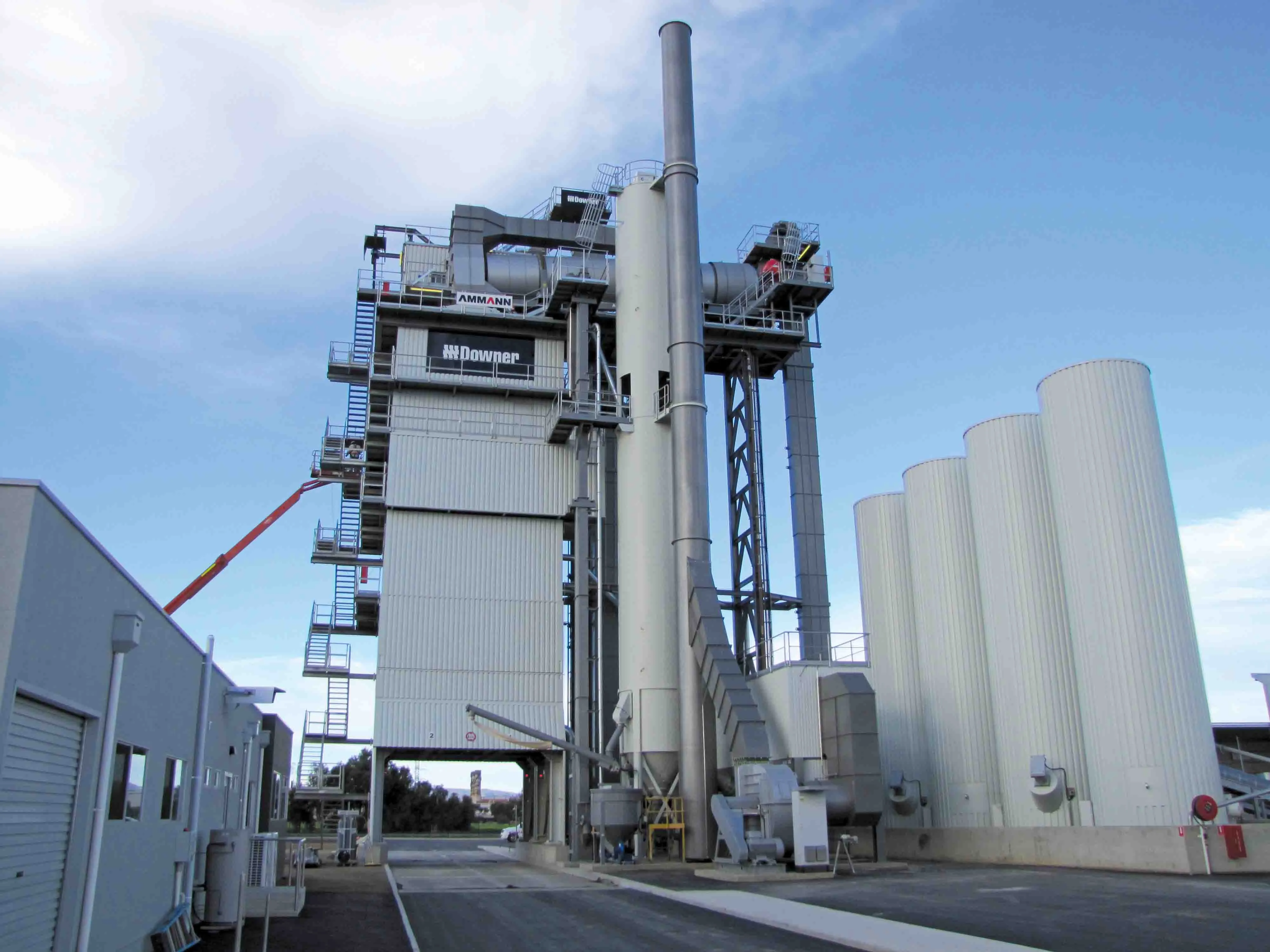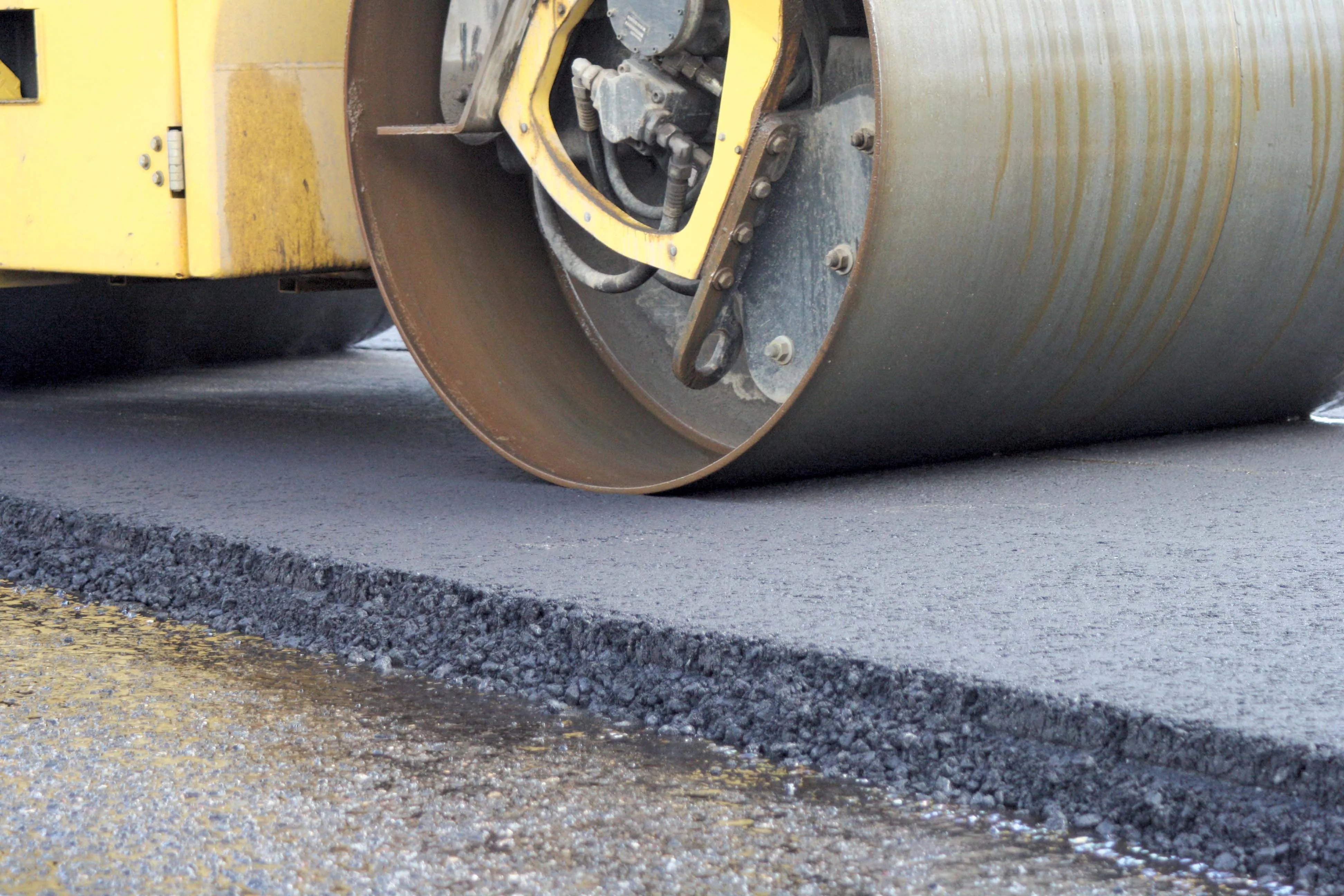
Specialist bitumen plant manufacturer
“It’s very mobile which means you can move it around and make the emulsion where you need it,” says ENH managing director Erik Haugaard. “In Scandinavia, where we are based, there are sometimes long distances between emulsion manufacturers. So instead of transporting emulsions in drums or trucks for long distances, you can move to a location where there is a hot mix plant and produce emulsions straightaway.”
Benefits of using the mini plant are that bitumen emulsion production can be cheaper, due to reduced transport costs, and more flexible. ENH has used all the technology developed in its bigger plants – of which there are currently 320 in 70 countries around the world.
“The principles are the same: there’s no difference in controlling the big one or the small one,” says Haugaard. “It takes the same formulation and the same know-how.”
The inline production method provides flexibility during the production phase, says Haugaard, as the different flows for bitumen water and chemicals are controlled individually and can be changed during production without any influence on each other. There is no need to premix any chemicals or water solutions; all are added continuously during production which means that emulsion can be produced for as long as it s required with no stoppages.
Haugaard believes that the mini plant will be of interest to contractors, particularly small maintenance firms who are constantly using bitumen emulsion. “With this they can produce the emulsion themselves rather than buying it from the big contractors or an oil company,” he says.
ENH expects to sell the plant initially in Scandinavia and will offer its customers expert help with the formulation of the emulsion and emulsion products. “The important point for emulsions is whether it is fast breaking or slow breaking, and you also need the right stone material to go with it,” says Hauggaard.









